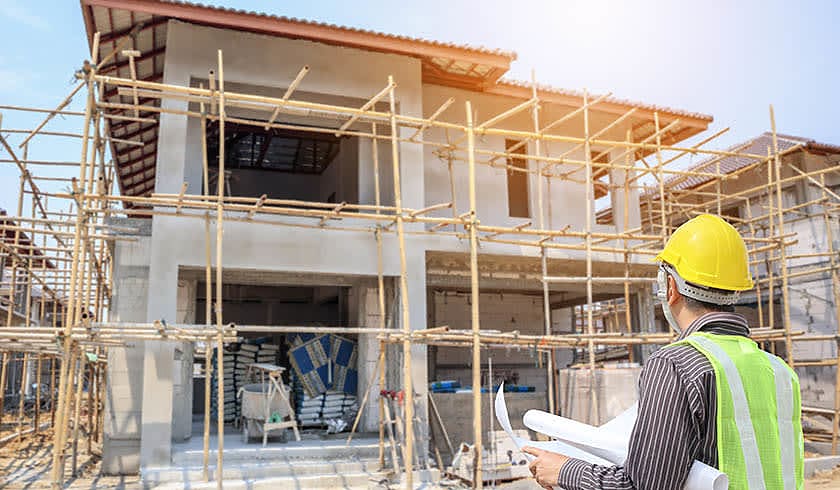Projects 50% slower to complete post-COVID
According to a Queensland property developer, next month’s Queensland Housing Summit should address the causes of residential housing projects taking 50 per cent longer to finish than they did before the pandemic.

The managing director of KDL Property Group, Kent Leicester, stated that government red tape and slow planning approvals had made things hard for development and construction companies in the two-and-a-half years since the COVID-19 pandemic began.
KDL said it has recently had a residential development on Brisbane’s northside approved, but only 18 months after the plans were lodged.
Other problems include a shortage of staff and building materials, natural disasters, rising costs of living, and higher interest rates.
“If the summit aims to tackle housing affordability and find more accommodation for people, then they need to help speed up the process of enabling us to build more houses,” Mr Leicester asserted.
In theory, the best way to make housing more affordable is to make the planning and approval process faster. The longer something takes to complete, the more it costs.
Mr Leicester also pointed out that getting enough workers for projects is a common problem for many development and construction companies, mostly because of a perfect storm of events in the past few years, such as the effects of COVID on the workforce and natural disasters.
“A way forward will be to boost the workforce with increases in skilled migration, although at the moment, there isn’t enough accommodation for incoming workers,” he commented.
Mr Leicester believes that approving more build-to-rent projects, like house and land developments, would help make more affordable rental housing available.
“In Queensland, the state government has so far only approved a few build-to-rent developments, which I believe are apartment projects in inner Brisbane,” he highlighted.
Mr Leicester continued: “We need not just apartments but more house and land projects in the outer suburbs of Brisbane and on the Gold Coast and Sunshine Coast to boost the supply of affordable rental housing where it is most needed.”
He acknowledged that the Queensland government was also under pressure to change its land tax reforms, which will figure taxes based on all of a property owner’s land holdings in other states.
“This will push up costs and will not only be a deterrent to investors but also developers as it will impact the viability of build-to-rent projects that can make a difference to the housing crisis,” Mr Leicester concluded.
